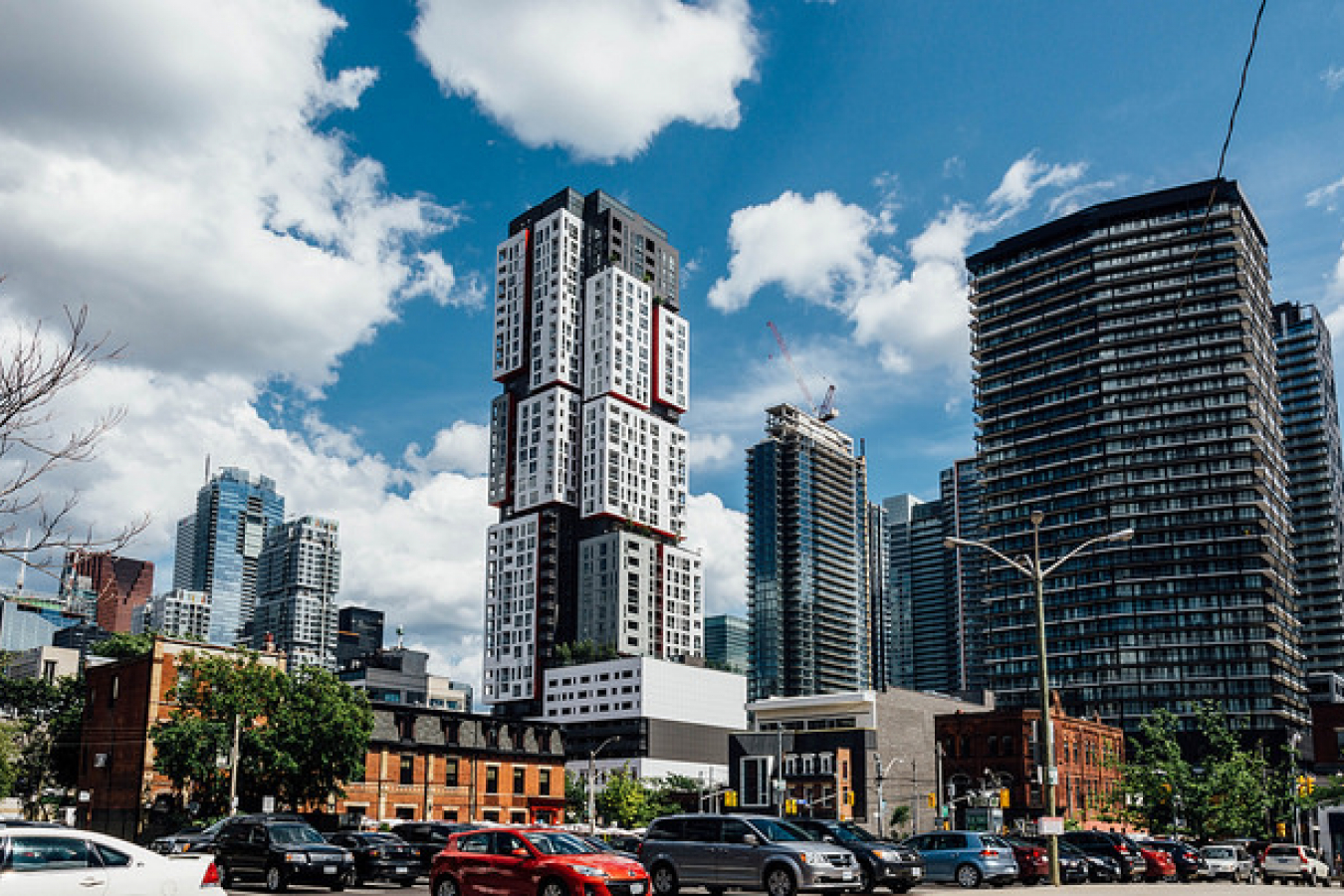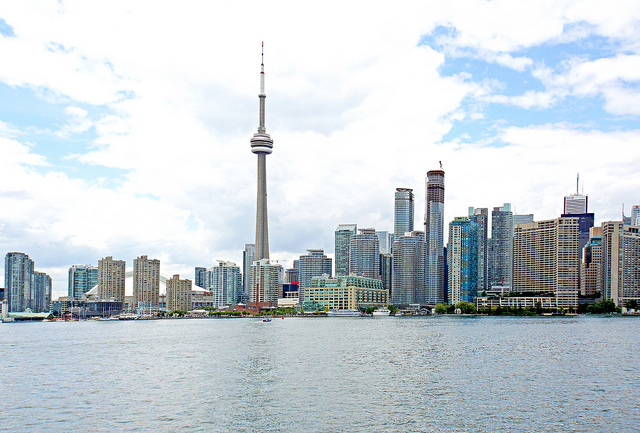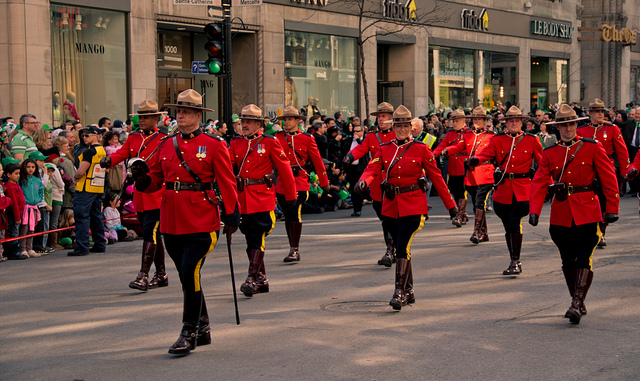 • Media Center » Video Immigration News
• Media Center » Video Immigration News
A bill was tabled on 10 December 2007 that will give Canadian citizenship to those who lost or never had it because of outdated provisions in existing and former legislation. Because of new United States and Canadian travel rules, many Canadian citizens were applying for passports, only to find out they were not considered citizens by the government. Some of these so-called "lost Canadians" had been living in the country most of their lives.
There were a few reasons why people lost their citizenship or were not recognized as Canadians because of existing and former legislation. Between 1947, when the first citizenship act took effect, and 1977, when it was replaced, Canadians may have lost their citizenship if they or a parent took up citizenship in another country. Also, an individual may never have been recognized as a Canadian if they were born abroad to a Canadian parent and did not take steps to register their birth with Canadian citizenship authorities.
The new bill, introduced by immigration minister Diane Finley, is meant to plug these gaps in immigration law.
"I want to express my support for all those who have had their citizenship questioned due to outdated laws that have been on the books for many years," Finley said. "I am proud to introduce comprehensive legislation on this issue. Our government is taking action to fix past citizenship problems, to recognize Canadian citizens and to protect the value of Canadian citizenship for the future."
The proposed amendments to the Citizenship Act would mean that:
- Anyone who was born in Canada or who became a Canadian on or after 01 January, 1947, and who then lost their citizenship, would have their status reinstated. This includes women wed to Canadian men during World War II and people born in Canada prior to 1947 who became citizens when the first citizenship act took effect on 01 January, 1947. This does not include those who renounced their citizenship with Canadian authorities, those born in Canada to a foreign diplomat, or those whose citizenship was revoked by the government because their citizenship was obtained fraudulently.
- Anyone born abroad to a Canadian on or after 01 January, 1947, if not already a citizen, would be recognized as a Canadian citizen from birth, but only if they are the first generation born abroad. The exceptions would be those who renounced their citizenship.
The federal government was careful to point out that no one who is a citizen today would lose their citizenship because of these ammendments.
"We are proposing a broad and generous legislative solution that will eliminate complex bureaucratic processes and give people the citizenship status they deserve," said Finley.
Current Canadian immigration law requires those who lost their citizenship for whatever reason to apply for it to be resumed and meet certain criteria. In "extraordinary cases" the immigration minister can seek approval to have citizenship granted or reinstated by a special grant from the Cabinet. In 2007, approximately 100 cases were handled this way.
The government has no estimate on the number of people who will take advantage of this legislation if it passes, but it is expected to be substantially more than the individuals who benefited from the case-by-case approach used until now. This is because of the provision to extend citizenship to those born to Canadian parents abroad on or after 01 Januray 1947.
"This legislation will deal with 95 percent of those people who either lost their citizenship and shouldn't have, or who never had it in the first place but should have," said Finley. "The rest we will be able to handle on a case-by-case basis as we have done all this year."




